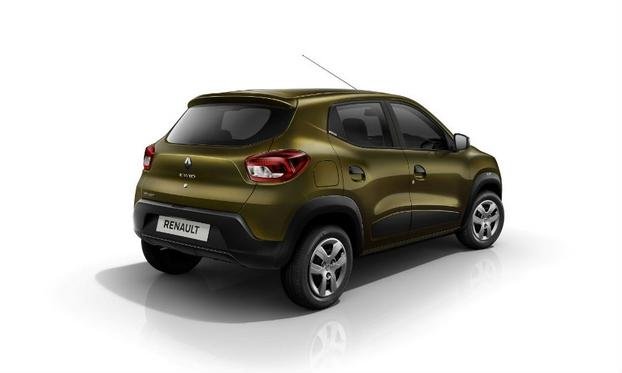Renault Bets on Cheap Car with High-End Features in India

To better compete with rivals the Kwid comes with an airbag option and navigation functions, neither of which are common in the country's best-selling small cars.
"We expect this car to be a game changer for Renault India," Renault-Nissan CEO Carlos Ghosn said at the Kwid's unveiling in Chennai today. "India is not an easy market. We are learning our way," he said.
Renault has also given the Kwid an SUV look with a high (180mm) ground clearance, high seating position and short front and rear overhangs. The Kwid is slightly larger than the Renault Twingo at 3.68 meters long and 1.58 meters wide. The car is underpinned by Renault and Nissan's Common Modular Family A platform.
The Kwid minicar will be priced starting at 300,000 rupees ($4,700). By comparison, the Alto starts at 246,163 rupees.
Ghosn said the Kwid will go on sale in September and it will be a big contributor to Renault's growth in India.
Renault aims to boost its local market share to 5 percent by the end of 2016 from 1.7 percent in the 12 months ended March, aided by the Kwid, which will be its cheapest model.
Nissan had similar aspirations when it began selling the first model of its revived Datsun brand, the Go, in India last year. Since then, Nissan has sold about 16,000 of the hatchbacks in the country, according to figures from the Society of Indian Automobile Manufacturers -- fewer than the number of Altos sold in a single month.
"The segment is very price sensitive," said Amit Kaushik, principal analyst at IHS Automotive in New Delhi. "It will be very difficult in the absence of Renault having a strong network or rural reach, which is where this segment sees the bulk of its sales."
Renault is extending its dealer network in India, and could almost double its spread to 280 sales outlets by the end of 2016 from the current 157, Ghosn said. In comparison, market leader Maruti has 1,500 outlets and gets about 30 percent of its sales from rural India.
Carmakers in India are increasingly looking to add high-end features to target aspirational consumers who want more than just a cheap ride.
On Tuesday, Indian automaker Tata Motors announced an automatic version of its small Nano car. The Nano, touted as the world's cheapest car, has struggled to find buyers. The automatic version starts at 269,000 rupees in New Delhi and targets urban buyers instead of its original target demographic of scooter riders looking to buy their first car.
Related News


